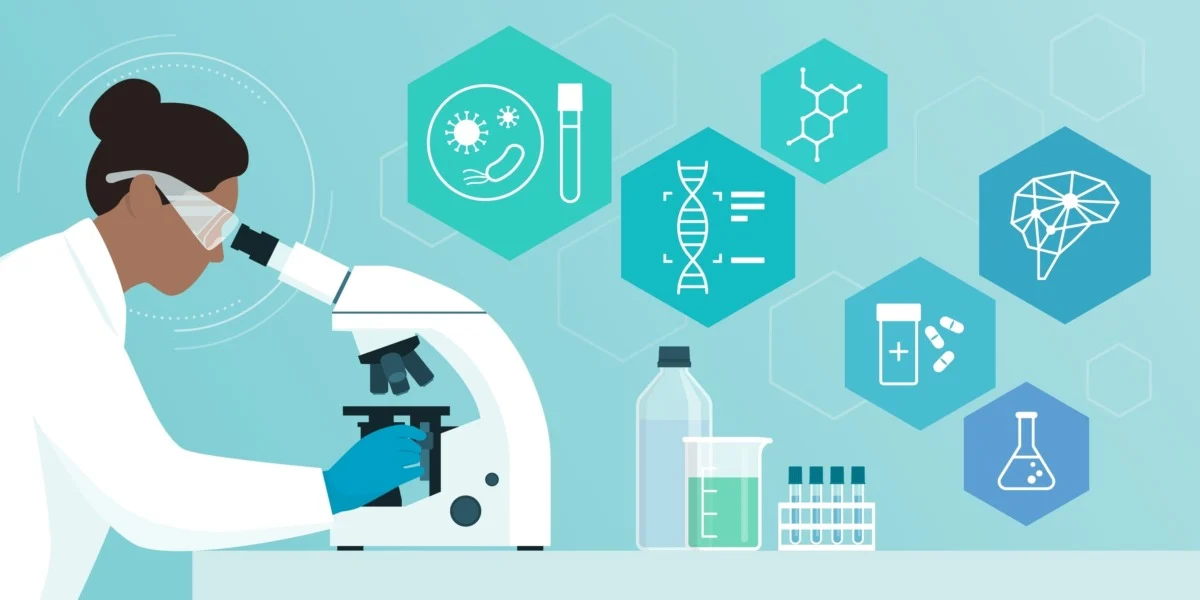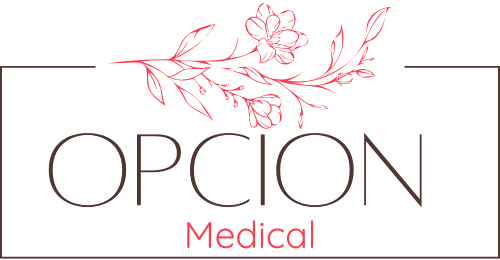Drug regimens are crucial components of medical treatment plans, designed to optimize therapeutic outcomes and improve patients’ quality of life. From managing chronic conditions to treating acute illnesses, mastering the effectiveness of drug regimen is paramount for ensuring the best possible health outcomes. In this comprehensive guide, we delve into the essentials of drug regimen mastery, providing insights, strategies, and tips to maximize effectiveness.
Introduction to Drug Regimen Mastery
Understanding the fundamentals of drug regimens is essential for patients and healthcare providers alike. A drug regimen refers to a prescribed schedule of medications, including dosage, frequency, and duration, tailored to meet individual healthcare needs. Whether it involves a single medication or a combination of drugs, adherence to the prescribed regimen is crucial for achieving therapeutic goals.
Understanding Drug Regimens
Drug regimens encompass various components, including medication type, dosage form, route of administration, and treatment duration. They can vary widely depending on the condition being treated, the severity of the illness, and individual patient factors. Common types of drug regimens include monotherapy (single drug), combination therapy (multiple drugs), and maintenance therapy (long-term management).
Factors Affecting Drug Regimen Effectiveness
Several factors can influence the effectiveness of a drug regimen, including patient compliance, drug interactions, and dosage adjustments. Patient compliance refers to the extent to which individuals adhere to the prescribed treatment plan, including taking medications as directed and following lifestyle recommendations. Drug interactions occur when two or more medications interact with each other, potentially affecting their efficacy or causing adverse effects. Dosage adjustments may be necessary based on individual patient factors, such as age, weight, renal function, and hepatic function.
Key Strategies for Maximizing Effectiveness
Maximizing the effectiveness of a drug regimen requires a multifaceted approach, including adherence to the prescribed schedule, proper administration techniques, and monitoring for side effects. Patients should follow their healthcare provider’s instructions carefully, taking medications at the designated times and in the correct doses. Proper administration techniques, such as swallowing pills whole or using measuring devices for liquid medications, are essential for ensuring optimal drug delivery. Monitoring for side effects is crucial for identifying any adverse reactions promptly and addressing them accordingly.
Drug Regimen: Lifestyle Considerations

In addition to medication management, lifestyle factors play a significant role in the effectiveness of drug regimens. Diet and nutrition can impact medication absorption, metabolism, and excretion, influencing therapeutic outcomes. Regular exercise and physical activity can complement pharmacological interventions, promoting overall health and well-being. Stress management techniques, such as relaxation exercises or mindfulness meditation, can help mitigate the effects of stress on health and enhance the effectiveness of drug regimens.
Importance of Communication
Effective communication between patients and healthcare providers is essential for optimizing drug regimen effectiveness. Patients should feel comfortable discussing their concerns, preferences, and treatment goals with their healthcare team. Likewise, healthcare providers should actively engage with patients, explaining treatment plans, addressing any questions or uncertainties, and encouraging open dialogue. Reporting any changes in symptoms, side effects, or medication adherence is crucial for ensuring timely adjustments to the treatment plan.
Utilizing Technology
Advancements in technology have revolutionized medication management, offering tools and resources to support patients in adhering to their drug regimens. Medication reminder apps can send notifications and alerts to remind patients to take their medications on time. Online resources, such as educational materials and support groups, can provide valuable information and encouragement to individuals managing chronic conditions. Telemedicine platforms allow patients to connect with healthcare providers remotely, facilitating communication and access to care.
Regular Check-Ups and Follow-Ups
Regular check-ups and follow-ups are essential components of effective drug regimen management. Healthcare providers monitor patients’ progress, assess treatment responses, and make any necessary adjustments to the regimen. Patients should attend scheduled appointments, participate in routine screenings, and communicate any changes in their health status. These proactive measures help ensure that patients receive optimal care and support throughout their treatment journey.
Common Challenges and Solutions
Despite their benefits, drug regimens may pose challenges for some individuals, such as forgetfulness, financial constraints, or travel-related issues. Forgetfulness can lead to missed doses or inconsistent medication adherence, compromising treatment effectiveness. Financial constraints may limit patients’ access to medications or healthcare services, requiring creative solutions or assistance programs. Travel and accessibility issues may disrupt medication routines, necessitating advance planning or alternative arrangements.
Tailoring Drug Regimens to Individual Needs

Personalized medicine approaches aim to tailor drug regimens to individual patient needs, taking into account genetic factors, biomarkers, and treatment preferences. Pharmacogenomic testing can identify genetic variations that may influence medication responses, guiding medication selection and dosing strategies. Healthcare providers collaborate with patients to develop personalized treatment plans that optimize efficacy, minimize side effects, and enhance overall treatment outcomes.
Benefits of Effective Drug Regimens
Effective drug regimens offer numerous benefits, including improved treatment outcomes, better symptom management, and enhanced quality of life. By maximizing medication effectiveness and minimizing adverse effects, patients can experience relief from symptoms, slow disease progression, and maintain functional independence. Well-managed drug regimens empower patients to take control of their health, fostering a sense of empowerment and well-being.
Case Studies and Success Stories
Real-life examples of successful drug regimens illustrate the transformative impact of optimal medication management. From individuals managing chronic conditions like diabetes or hypertension to patients undergoing chemotherapy or immunosuppressive therapy, these stories highlight the importance of diligence, perseverance, and collaboration in achieving treatment goals. By sharing their experiences, patients can inspire others facing similar challenges and offer hope for better health outcomes.
Future Trends in Drug Regimens
The future of drug regimens holds promise for continued advancements in pharmacology, personalized medicine, and digital health technologies. Emerging therapies, such as gene editing techniques, targeted drug delivery systems, and immunotherapy modalities, offer new avenues for treating diseases more effectively and with fewer side effects. Precision medicine approaches, supported by big data analytics and artificial intelligence, enable healthcare providers to tailor treatment plans to individual patient characteristics, optimizing therapeutic outcomes and minimizing risks.
Conclusion
Mastering the effectiveness of drug regimens is essential for maximizing treatment outcomes and improving patients’ quality of life. By understanding the fundamentals of drug regimen management, implementing key strategies for optimization, and embracing innovative approaches to personalized medicine, individuals can navigate their treatment journeys with confidence and resilience. With proactive communication, lifestyle modifications, and technological support, patients and healthcare providers can work together to achieve better health outcomes and empower individuals to live their best lives.
